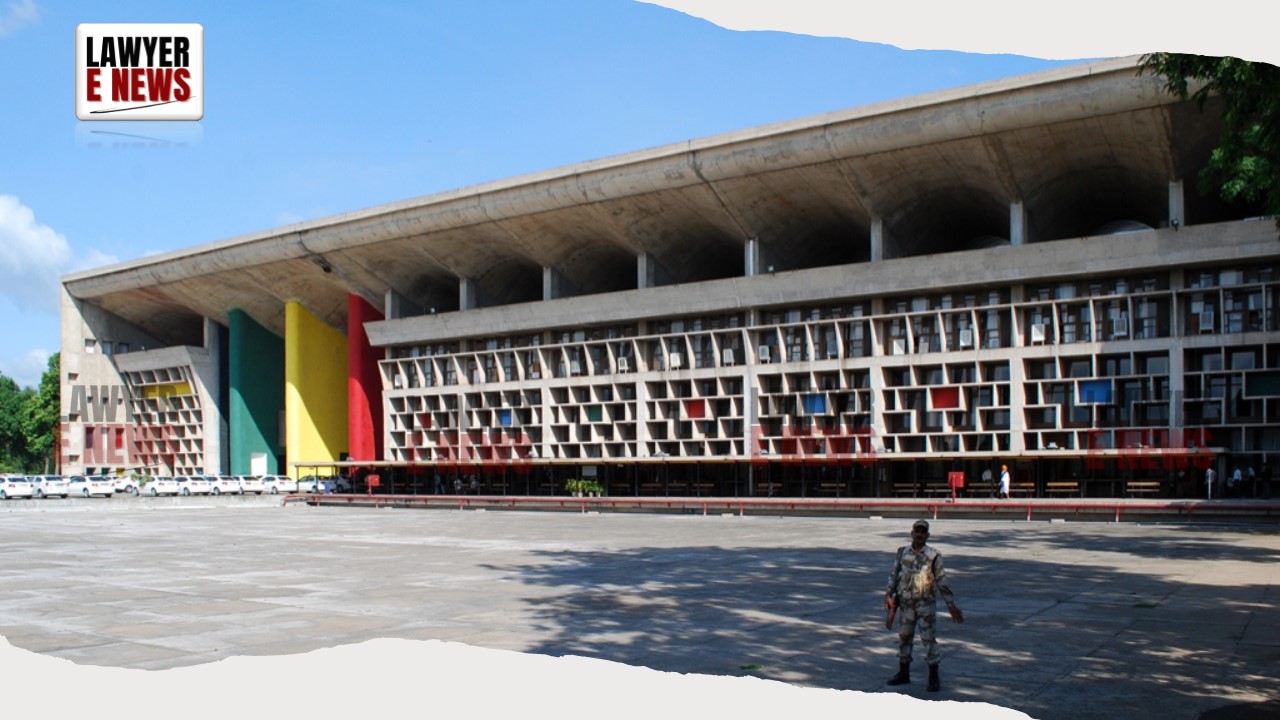-
by Admin
15 February 2026 5:35 AM



Justice Bansal emphasizes the judiciary’s limited role in administrative decisions affecting cadre strength in the BSF.
The High Court of Punjab and Haryana at Chandigarh has dismissed a writ petition challenging a notification that revised the strength of the Pharmacist cadre in the Border Security Force (BSF). The petitioner, Anuradha, contended that the reduction in posts adversely affected her promotional opportunities and violated her fundamental rights. Justice Jagmohan Bansal, delivering the judgment, emphasized that the creation and abolition of posts are policy decisions within the exclusive domain of the employer, barring any constitutional or statutory violations.
Anuradha, currently an Assistant Sub-Inspector in the BSF, challenged a notification dated February 1, 2024, which revised the strength of various posts within the Pharmacist cadre. Prior to the notification, the cadre consisted of 368 posts, including 302 Assistant Sub-Inspectors, 55 Sub-Inspectors, 11 Inspectors, and no Subedar Majors. The revised strength reduced the total posts to 317, notably decreasing the number of Assistant Sub-Inspectors to 230 and Sub-Inspectors to 51, while increasing Inspector posts to 25 and introducing 11 Subedar Major positions.
The court underscored the settled legal position that the creation and abolition of posts fall within the administrative discretion of the employer. Justice Bansal referred to precedents such as Official Liquidator vs. Dayanand and State of Haryana vs. Navneet Verma, affirming that judicial review in such matters is limited to instances of manifest illegality or constitutional violations. “The creation and abolition of posts, formation and structuring/restructuring of cadres, and prescribing the source and mode of recruitment are matters within the exclusive domain of the employer,” the judgment noted.
Addressing the petitioner’s concerns about the impact on her promotional prospects, the court clarified that the reduction in posts did not substantively violate her rights under Articles 14 and 16 of the Constitution. Justice Bansal stated, “The mere reduction of posts does not constitute a violation of fundamental rights unless it is shown to be arbitrary or malicious.” The judgment further highlighted that the restructuring could potentially enhance the petitioner’s promotion opportunities due to the increase in higher-ranking posts.
The court emphasized that policy decisions regarding the structuring of cadres and the creation or abolition of posts are typically outside the purview of judicial intervention unless they are patently arbitrary or contrary to constitutional mandates. “The Court cannot sit in appeal over the judgment of the employer and ordain that a particular post or number of posts be created or filled by a particular mode of recruitment,” the court reiterated.
Justice Bansal remarked, “As long as the decision to abolish or create posts is taken in good faith, interference by the court is not warranted. The petitioner’s rights to be considered for promotion remain intact within the revised framework.”
The High Court’s decision underscores the judiciary’s deference to administrative decisions in matters of cadre restructuring, provided there is no evidence of arbitrariness or constitutional violations. By dismissing the petition, the judgment affirms the employer’s prerogative in managing organizational structures, potentially setting a precedent for similar cases in the future.
Date of Decision: May 1, 2024
Anuradha vs. Union of India and Others
